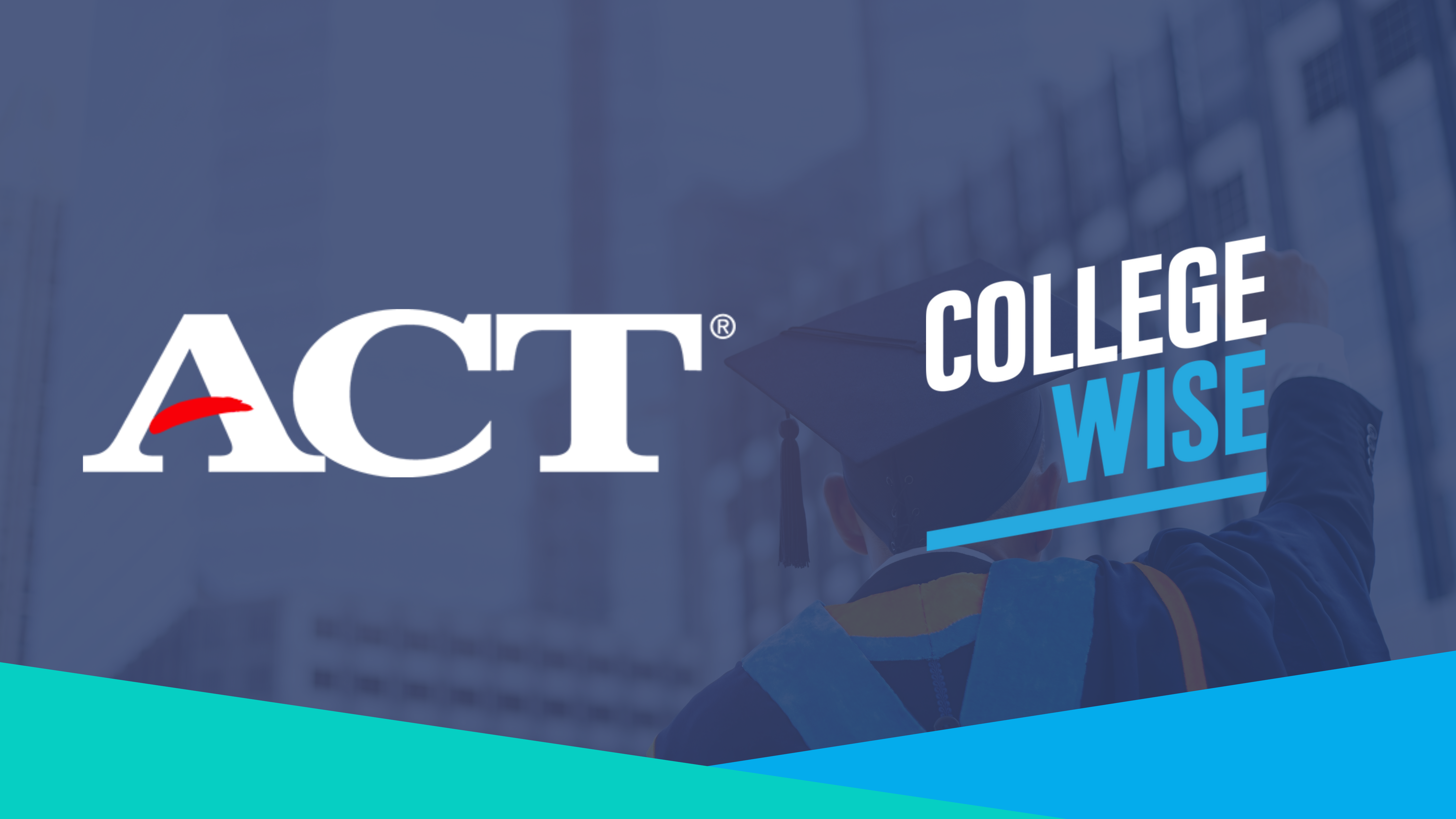Who Can Take the PSAT?
This is a surprisingly nuanced question, but depending on your school and your grade level, nearly everyone from the 8th grade through the 11th grade may take the PSAT. Let’s break that down for clarity:
- For eighth and ninth graders, there is the PSAT 8/9, which is a specially designed version of the PSAT for students in middle and early high school. This version of the PSAT is really (really) just for practice. It reflects the relative structure and pacing of the PSAT, but it does not feature content at the level that the PSAT or the SAT would. If your school offers the PSAT 8/9, it is a great way to get a sense of what it’s like to take a standardized test in a very familiar environment (your own school) with your friends, classmates, and teachers nearby.
- For sophomores, there is the PSAT 10, which is effectively the PSAT itself. The only real difference between this test and the actual PSAT is that the PSAT 10 does not afford a test-taker the ability to enter into the National Merit Scholarship Competition.
- For juniors in high school, there is the formal PSAT, which will look and feel fairly familiar if you’ve taken the PSAT 10 as a sophomore. This is the PSAT that “counts” in that it will qualify test-takers for the National Merit Scholarship Competition, and, with permission from test-takers, the data from the test is often used by colleges and universities for recruiting purposes.
Related: When Should I Take the PSAT?
So Who Should Take the PSAT?
In short, everyone, if they can. There are a few good reasons why, even though the PSAT itself is not used formally in the college application process.
- It is a great way to get ready for the “varsity”-level tests you may take later in high school. The PSAT is typically administered on a weekday at your own school and does not cost anything to take. It will give diagnostic feedback and a fairly comprehensive score report to show you what you did well with and what you might have struggled on. You can take your PSAT score report and sync it with the Khan Academy to develop a fairly robust self-study plan or use your PSAT scores to give you a sense of where you might start your SAT study journey. Low cost and high reward? Count it.
- Your PSAT scores will serve as an initial signal to colleges and universities the extent to which you’re ready for the academic transition beyond high school. After you take the PSAT, you can choose to release your testing data and profile to a college search service. Your inbox or your real mailbox will be inundated with messages from schools that are showing their interest in you and, in turn, hoping you’ll express interest in them. It may give you a sense of the breadth of the college universe and open up your view of the admissions road ahead.
- If you score in the upper echelons of your state’s test-taking population, your PSAT scores may qualify you for scholarships through the National Merit Scholarship competition. Your scores will represent the first step in that particular competition, but they are also a key that will unlock doors thereafter.
This is all to say that the PSAT comes at relatively little cost or inconvenience to a student’s day-to-day life and can pay serious dividends.
So is it worth studying for the PSAT?
If you are an eighth, ninth, or tenth grader, probably not. The PSAT 8/9 and PSAT 10 are really just for practice to prepare for the PSAT in your junior year. Is it worthwhile to be familiar with the PSAT on test day? Absolutely. Does that mean it is worthwhile to put in more than an hour or so of reading about the exam? Probably not.
For juniors, it may be worthwhile to study for the PSAT. If you took the PSAT as a sophomore and scored well on it (in the 1300 range or above), study for the PSAT for two primary reasons: first, your scores may help qualify you for the National Merit Scholarship competition, as noted above. Secondly, studying for the PSAT will help you prepare for the foundations of the SAT. Both the PSAT and the SAT feature fairly similar structures and fairly similar content. Though the PSAT itself is easier and a hair shorter than the SAT, studying for the former will help you prepare for the latter.
When do students take the PSAT?
Typically, schools or districts schedule the PSAT in October of a given year. The College Board publishes the PSAT test-taking schedule in advance of the school year beginning. The College Board allows schools to choose a particular testing date within the window of October 1st to 31st to administer the PSAT. As such, some schools within a given city may have the PSAT on October 5th while others have it on October 25th: the scheduling is done at the discretion of the school or district. The College Board also allows for one Saturday PSAT administration, typically on the 2nd or 3rd Saturday of the month. For 2025, October 11th is the designated PSAT weekend date, which happens to coincide with Columbus Day/Indigenous Peoples' Day. Schools will typically have their specific PSAT test day marked on the calendar for guidance and planning purposes.
As of 2025, many districts offered a PSAT 10 (the PSAT for sophomores) date within a window that falls from March through April. If a student's school administers the PSAT in the spring, the date would likely fall on a school day and would also be indicated on the school's calendar for the year. For Spring 2026, the spring PSAT test window is March 2nd through April 30th.
Related: Test-Optional Colleges, Explained
Anything else?
If you are a rising junior and took the PSAT last year, take some time to review your PSAT scores. If you haven’t taken the test yet, consider studying for the PSAT, at least for familiarity’s sake. Remember, the PSAT is a high reward/low risk activity: there are some great reasons for investing a little time and energy in preparing for the test.
About Us: With more than twenty years of experience, Collegewise counselors and tutors are at the forefront of the ever-evolving admissions landscape. Our work has always centered on you: the student. And just like we’ve always done, we look for ways for you to be your best self - whether it’s in the classroom, in your applications or in the right-fit college environment. Our range of tools include counseling, test prep, academic tutoring, and essay management, all with the support of our proprietary platform, leading to a 4x higher than average admissions rates.



.png?width=600&height=200&name=Blog%20CTAs%20(1).png)



